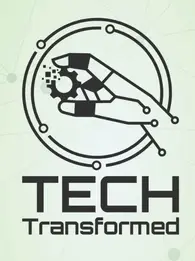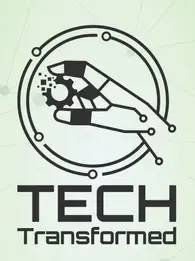
Imagine stepping into a room filled with anticipation and skepticism. The air is thick with questions, the atmosphere charged with resistance. This was the scene that greeted me as I walked into a meeting with a leader of a large social media channel, a staunch traditionalist in the world of research and insights. I was there to introduce a revolutionary concept: using AI to predict consumer behavior.
The journey that unfolded was akin to a marathon, not a sprint. It was a journey from apprehension to understanding, from resistance to acceptance. It was a journey that many businesses today find themselves embarking on as they grapple with the enigma that is Artificial Intelligence (AI).
AI, for many, is a Pandora's box, a source of both awe and fear. The fears are not unfounded. The rapid evolution of AI, coupled with its complexity and the potential for misuse, has given rise to concerns ranging from AI "hallucinating" content to copyright infringement. But beneath this layer of uncertainty lies a world of untapped potential, a treasure trove of possibilities waiting to be discovered.
AI is not a monolith; it's a kaleidoscope. It's a multifaceted tool with diverse applications. There's predictive AI, a crystal ball that forecasts market responses to ad campaigns in seconds, not weeks. There's suggestive AI, a wise mentor that recommends improvements based on these predictions. And then there's generative AI, the creative genius that creates new content, often enhanced by predictive AI. Each type of AI is a unique color in the AI spectrum, each with its unique strengths and applications.
The true power of AI lies not in its ability to replace human work, but to augment it. It's about augmented intelligence, not artificial intelligence. Companies that have embraced AI have seen their marketing campaigns become over 20% more effective and have saved more than 20% of their time in creating campaign materials. These are not just numbers; they are a testament to the transformative power of AI.
But how do we navigate this journey from fear to enlightenment? The answer lies in familiarization and education. Just as we've adapted to countless technological advancements in the past, we can do the same with AI. The key is to understand that AI is a tool, not a threat. It's here to enhance our capabilities, not to replace us.
Ethical considerations are the compass that guides us on this journey. At Neurons, we focus on predicting markets, not individuals. Our goal is to enable, engage, and empower consumers, not to confuse or trick them. We believe that AI should be used to boost behaviors that are beneficial to the end consumers.
So, I invite you to embark on this journey. Explore the uncharted territories of AI in your business. Improve your understanding of AI. Experiment with it. The future is not to be feared, but to be shaped. And AI gives us the tools to shape it in ways we've only dreamed of.








